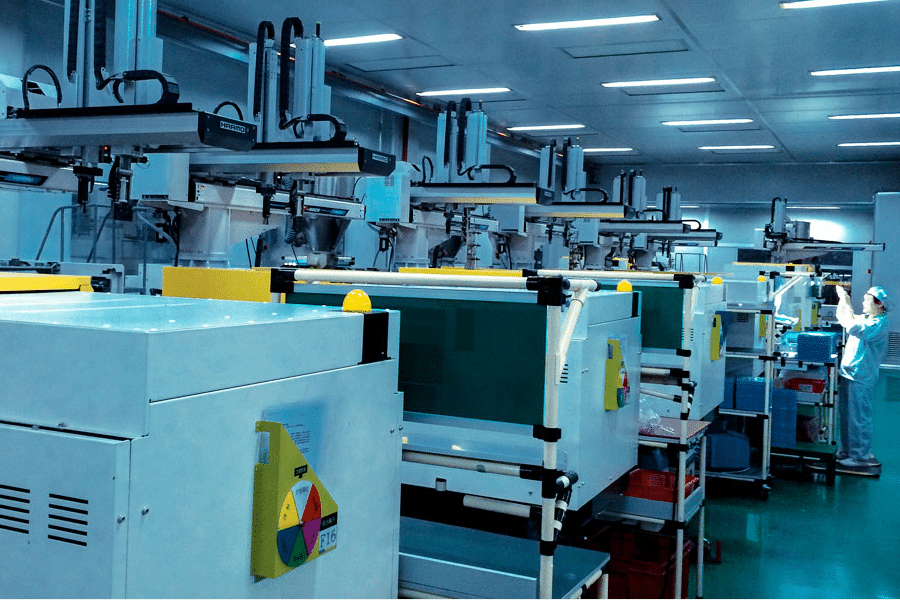CNC machining plays a significant role in the manufacturing of automotive parts in China, contributing to the production of a wide range of components used in vehicles. The automotive industry relies on CNC machining for its ability to produce precise and high-quality parts that meet the stringent requirements of safety, performance, and efficiency. Here are some key points related to China CNC machining for automotive parts manufacturing:
- Engine Components: CNC machining is used to manufacture various engine components, including cylinder heads, engine blocks, crankshafts, camshafts, and pistons. These components require precision machining to ensure optimal performance, fuel efficiency, and emissions control.
- Transmission and Gearbox Parts: CNC machining is employed in the production of transmission components, such as gears, shafts, and housings. These parts play a critical role in transferring power from the engine to the wheels and ensuring smooth gear shifting.
- Suspension and Steering Components: CNC machining is used to create suspension parts like control arms, steering knuckles, and bushings. These components contribute to vehicle stability, ride comfort, and handling.
- Brake System Parts: CNC machining is involved in producing brake components, including brake calipers, rotors, and brackets. Precision machining ensures reliable braking performance and safety.
- Interior and Exterior Trim: CNC machining is used to manufacture interior and exterior trim components, such as dashboard panels, door handles, mirror housings, and grille inserts. These parts contribute to the overall aesthetics and functionality of the vehicle.
- Chassis and Structural Parts: CNC machining is employed in the production of chassis components, including frame members, crossbars, and structural reinforcements. These parts provide the vehicle with structural integrity and impact resistance.
- Electrical and Electronics Components: CNC machining is used to create components for the electrical and electronics systems, such as connectors, brackets, and sensor housings. These parts support the functionality of various vehicle systems, including lighting, sensors, and control modules.
- Prototype and Tooling: CNC machining is often used in the prototyping phase of automotive part development to create accurate prototypes and tooling for mass production. This allows for design validation and testing before full-scale manufacturing.
- Customization and Specialization: CNC machining enables customization and specialization in automotive part manufacturing. Manufacturers can produce unique or low-volume components efficiently, making it suitable for specialized vehicle models or aftermarket parts.
- Quality Control and Efficiency: CNC machining processes are known for their consistent precision and quality. This is crucial in the automotive industry to ensure parts fit and function correctly, leading to efficient assembly and improved overall vehicle quality.
- Supply Chain Integration: Many automotive manufacturers in China have established integrated supply chains that involve close collaboration with suppliers and partners. CNC machining facilities in China often work alongside other suppliers to provide the necessary components for vehicle assembly.
- Sustainability and Environmental Considerations: CNC machining can contribute to sustainability efforts in the automotive industry by optimizing material usage and reducing waste. Advanced machining techniques can also lead to improved fuel efficiency and reduced emissions through lighter and more efficient components.
CNC machining’s versatility, accuracy, and ability to produce complex parts make it a vital technology in the automotive parts manufacturing sector in China. As the automotive industry continues to evolve and innovate, CNC machining will play a crucial role in meeting the demands for high-quality, efficient, and technologically advanced vehicles.

